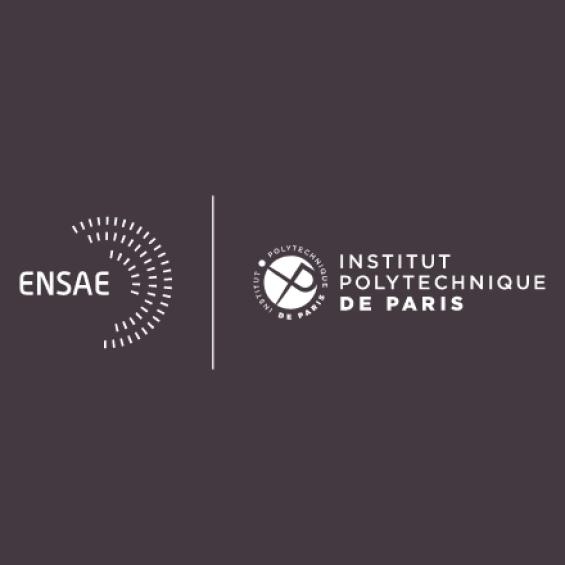Information Design, Persuasion, and Strategic Communication
Enseignant
Crédits ECTS :
4
Heures de cours :
24
Heures de TD :
0
Langue :
Anglais
Objectif
In this course we theoretically analyze how information provision influences agents’ beliefs and behavior in strategic environments. We also study the incentives of privately informed agents to truthfully and voluntarily disclose information to other agents, with and without a mediator. The course reviews central models, tools, solution concepts, and results in the literature on information design and Bayesian persuasion, strategic communication, and strategic information disclosure in games. We motivate and illustrate the analysis in economic applications such as policy and investment advices, lobbying, congestion and coordination problems, delegation and recommandations in organizations, and disclosure of
product information by firms.
The course covers standard textbook materials, seminal research articles, and up-to-date theoretical contributions and applications in the economic literature on information design and strategic communication. Some parts of the course cover some specific research articles in details; the rest of the course provides a guidance to the literature. We also discuss some open research questions and laboratory experiments.
Assessment: Each student presents a research article from a reading list in class (15-20 minutes), and writes a report on the article (4-6 pages). The oral presentation should present a brief personal summary of the main features and results of the paper and identify its contributions. Ideally, the oral presentation focuses on a simplified version of the model (or an example) that allows to highlight the main insights of the article. The report should discuss the relevance of the results and discuss its contributions with respect to the literature. It should also discuss alternative ways to approach the problem and deficiencies of the model. The report could also describe an original extension of the model contained in the article, or a new application. Avoid repeating what is already discussed by the authors in the article.
Plan
The course is divided into four parts, which could be seen as four alternative ways of modeling communication and information provision in strategic environments. In the first two parts, we review the notion of correlated equilibrium and the revelation principle in games, and some extensions of correlated equilibrium to incomplete information (communication equilibrium and Bayes-correlated equilibrium). These notions are the fundamental solution concepts to study how mediation and information disclosure help to persuade a decision-maker and affect equilibrium outcomes in games, with or without informational incentive (truth-telling) constraints. We also study the particular “sender-receiver” case and the belief-based approach to Bayesian persuasion. Strategic environments with a large population of players are also studied, with applications to congestion problems.
In the third part, we study basic models and applications of “cheap talk” communication, i.e., strategic and unmediated information transmission. The aim is to understand the credibility of direct and non-binding communication, and how it can effectively exchange information and enrich the set of equilibrium outcomes. We provide a geometric characterization of equilibria and illustrate it in some applications. We show how long conversations might improve upon a single round of messages (no matter how rich the message space is), even when only one player owns such private information, and even when players act only once. We also connect cheap talk to Bayesian persuasion, especially under the assumption of state-independent preference for the sender (“transparent motives”). Finally, we study cheap talk in leading parametrized environments, and compare it to other forms of organizations such as delegation.
In the last part of the course, we study the incentives of privately informed agents to voluntarily disclose certifiable information (i.e., hard evidence) to decision-makers. We start by presenting the unravelling argument (resulting in complete information disclosure) in the simplest setting with one informed party who has state-independent preferences. We then provide general conditions in Bayesian games for the existence of an equilibrium with complete information disclosure. We challenge this result with some empirical evidences and alternative models of strategic information disclosure. As a leading application, we investigate circumstances under which a firm voluntarily discloses product information to consumers. Next, we study strategic information disclosure when the decision-maker can commit to his decision rule before receiving information from the interested party: we study the validity of the revelation principle and the value of commitment for the decision- maker. Finally, we study strategic information disclosure when the informed party has commitment power, combining Bayesian persuasion and strategic information disclose into what we call
“informed information design”.










